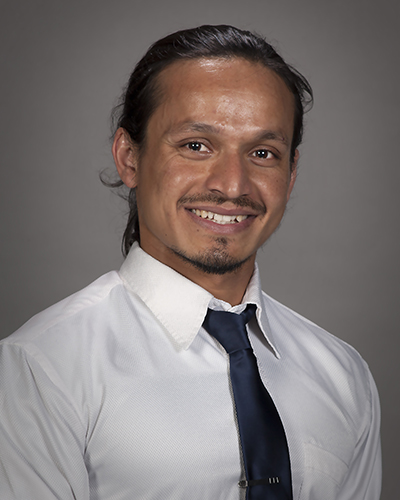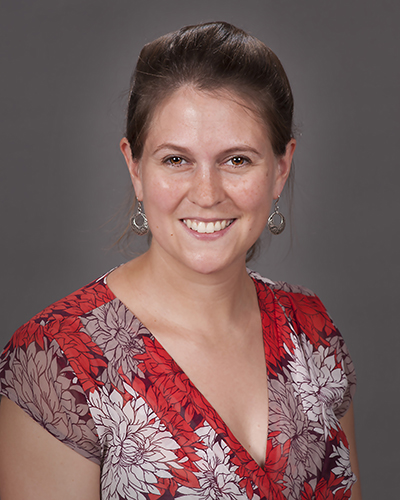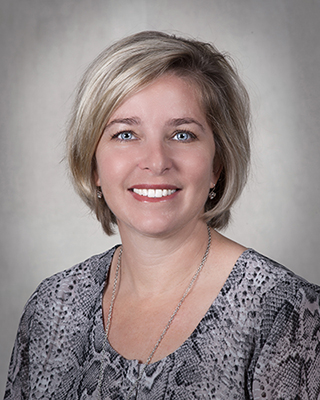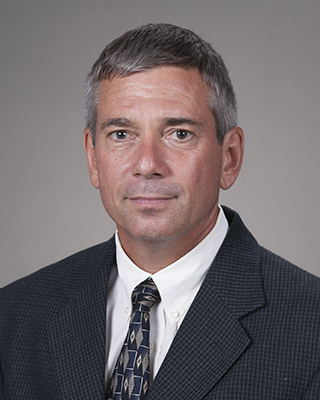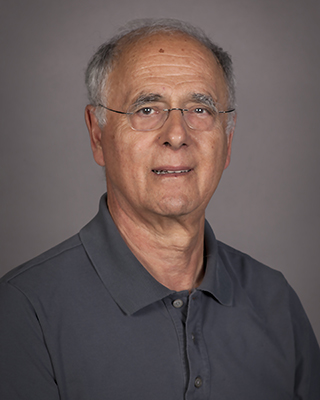Story by Aubrey Bloom
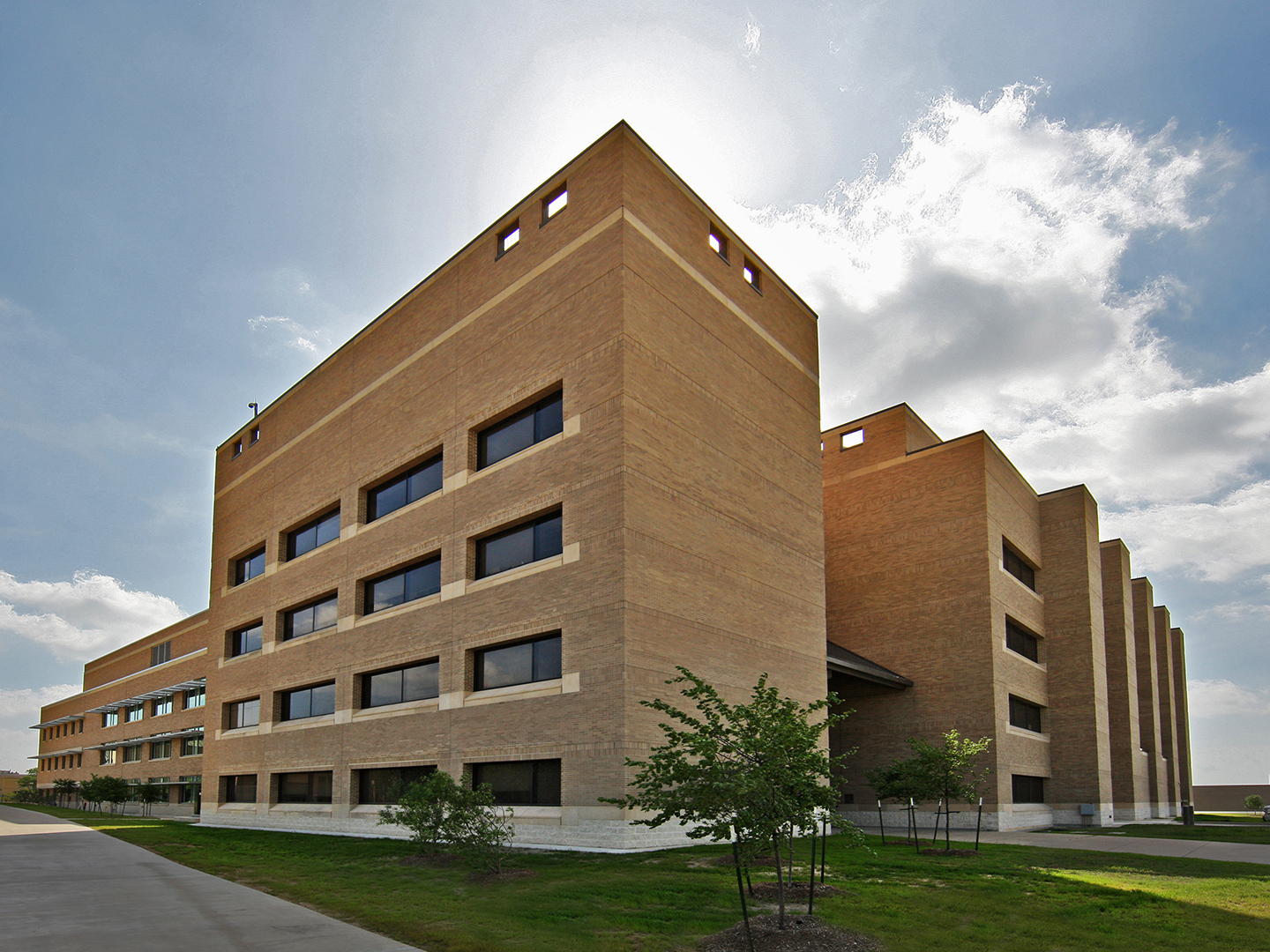
Drs. Gregory Johnson and William Murphy, both professors in the Department of Veterinary Integrative Biosciences (VIBS) at the Texas A&M College of Veterinary Medicine & Biomedical Sciences (CVMBS), have been named Chancellor Enhancing Development and Generating Excellence in Scholarship (EDGES) Fellows by The Texas A&M University System.
Launched in 2019, EDGES Fellowships were developed with resources from Texas A&M University System Chancellor John Sharp to honor, incentivize, and boost mid-career faculty at the associate or early full professor rank who are making significant marks in their discipline.
“We are delighted to have two faculty members in the College of Veterinary Medicine & Biomedical Sciences to be selected as 2020 Chancellor EDGES Fellows,” said Dr. John August, CVMBS dean. “Dr. Gregory Johnson and Dr. William Murphy are testaments to the outstanding research being conducted in the CVMBS, and we are proud that their significant scholarly accomplishments, hard work, and dedication to achieving their goals have been recognized with this very selective honor.”
VIBS department head Dr. Todd O’Hara said that their impact extends to everyone they work with at the college.
“In addition to their long inventory of accolades and accomplishments, they are kind and generous colleagues and fine teachers and mentors for students, postdoctoral fellows, and junior faculty members,” O’Hara said.
Dr. William Murphy

Murphy, who earlier this year was also named a University Professor, has been with the CVMBS since 2004, and even though he has received a number of awards in the past, he said he still wasn’t expecting his recent recognitions.
“My initial reaction was one of surprise,” Murphy said. “But I am certainly honored and humbled to have been selected by the university for this honor. I would not have been selected if not for the outstanding students and staff, great colleagues at A&M, collaborators at other institutions, and administrative support by the department heads and the dean throughout my career at A&M.”
Murphy is internationally recognized for his longstanding contributions to feline health through genomics research, for which he received the 2013 American Veterinary Medical Foundation/Winn Feline Foundation Excellence in Research Award.
In a 2011 edition of the journal Science, Murphy published the results of a five-year National Science Foundation-sponsored project that established the first resolved phylogeny, a history of organismal lineages as they change through time, of all mammalian families. Other investigators now refer to the phylogenetic “trees” conceptualized in these papers as “Murphy trees,” which have become key features in leading mammalogy textbooks.
Dr. Murphy previously received the prestigious 2009 JoAnn Treat Research Excellence Award given by the Board of Trustees of the Texas A&M Research Foundation and the 2010 Texas A&M University Association of Former Students Distinguished Achievement Award in Research.
He was more recently appointed the title of Presidential Impact Fellow in the first class of inductees in 2017.
Dr. Gregory Johnson
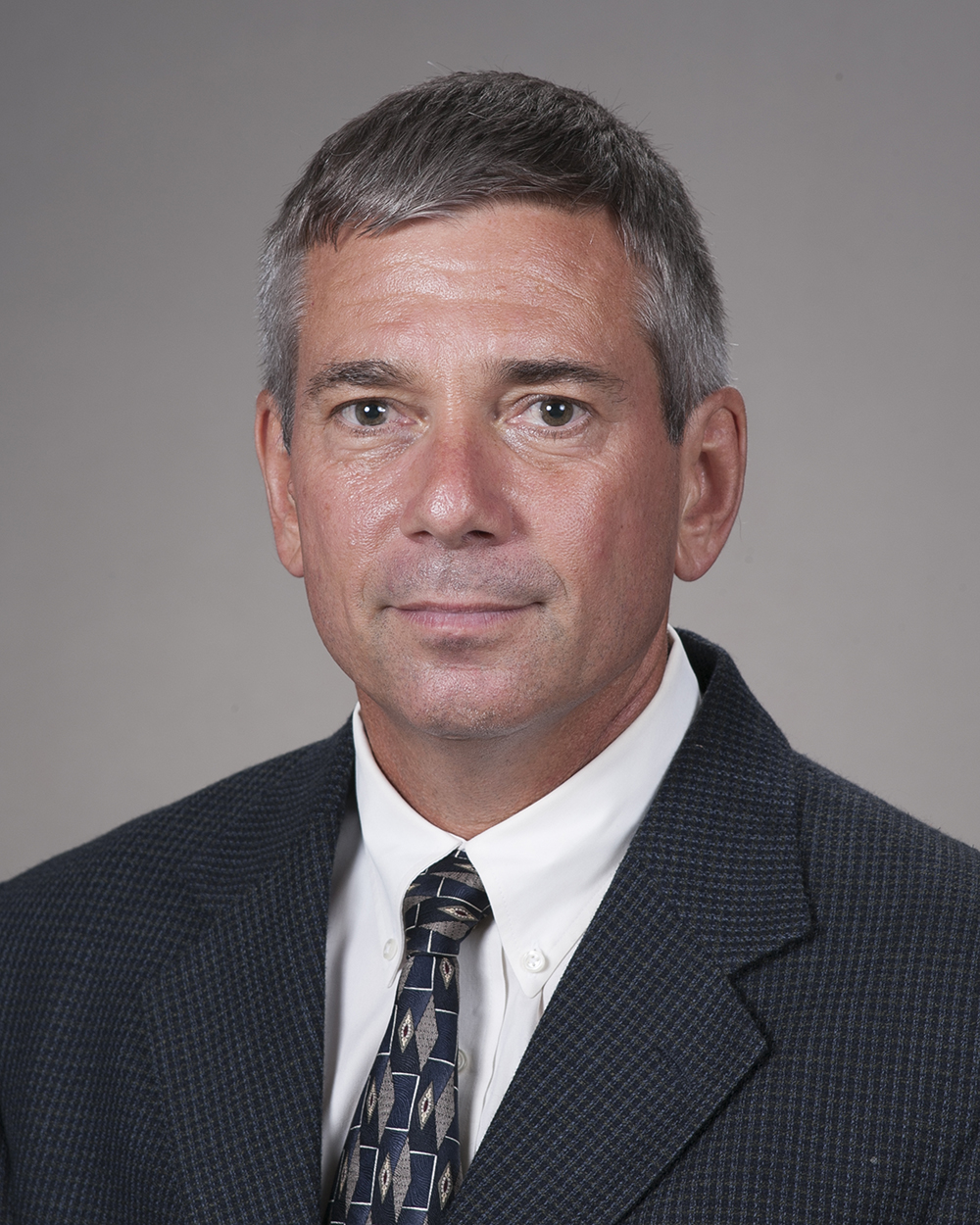
Johnson has been with the CVMBS since 2002 and continues to develop a strong collaborative research program focused on reproduction in a variety of species. He is nationally and internationally recognized as a leader in the study of implantation and placentation in domestic livestock.
According to Johnson, his goal as a research scientist is to serve society by advancing understanding of the processes that affect reproductive health to benefit human, agricultural animal, and companion animal reproduction.
“My honest, first reaction, and my continued reaction, to receiving the EDGES award is that I am very humbled by the professional recognition and the significant efforts others made to make this a reality,” Johnson said. “I love science, research, academia, and knowledge—and my modest ambition has always been to continue to be privileged to ‘play in the sandbox with my dump truck.’”
Johnson has previously received CVMBS Outstanding Alumni Awards for Outstanding Mentor for Graduate Students and/or Postdoctoral Research Associates in 2014 and 2016, the Association of Former Students (AFS) College-Level Distinguished Achievement in Research Award in 2020, the AFS College-Level Distinguished Achievement in Teaching Award in 2013, the Vice Chancellor’s Award in Excellence for Diversity, and the Vice Chancellor’s Award in Excellence for Team Research in 2005.
Other honors include receiving the excellence in Reviewing Award from the journal Placenta in 2016 and being elected to the board of directors for the Society for the Study of Reproduction in 2016.
The EDGES Fellowship
The EDGES recognition highlights Texas A&M’s intentional commitment to intensively support, retain, and recognize faculty with significant and sustained accomplishments and the promise of continued high-impact scholarship.
“These awards recognize the priority of Texas A&M University System Chancellor John Sharp to develop and support faculty members with national and international acclaim,” said Provost and Executive Vice President Carol A. Fierke. “The honorees are scholars with careers on-track to make high-impact contributions to enhance the state and nation, leading to national and international recognition.”
###
For more information about the Texas A&M College of Veterinary Medicine & Biomedical Sciences, please visit our website at vetmed.tamu.edu or join us on Facebook, Instagram, and Twitter.
Contact Information: Jennifer Gauntt, Director of CVM Communications, Texas A&M College of Veterinary Medicine & Biomedical Sciences; jgauntt@cvm.tamu.edu; 979-862-4216

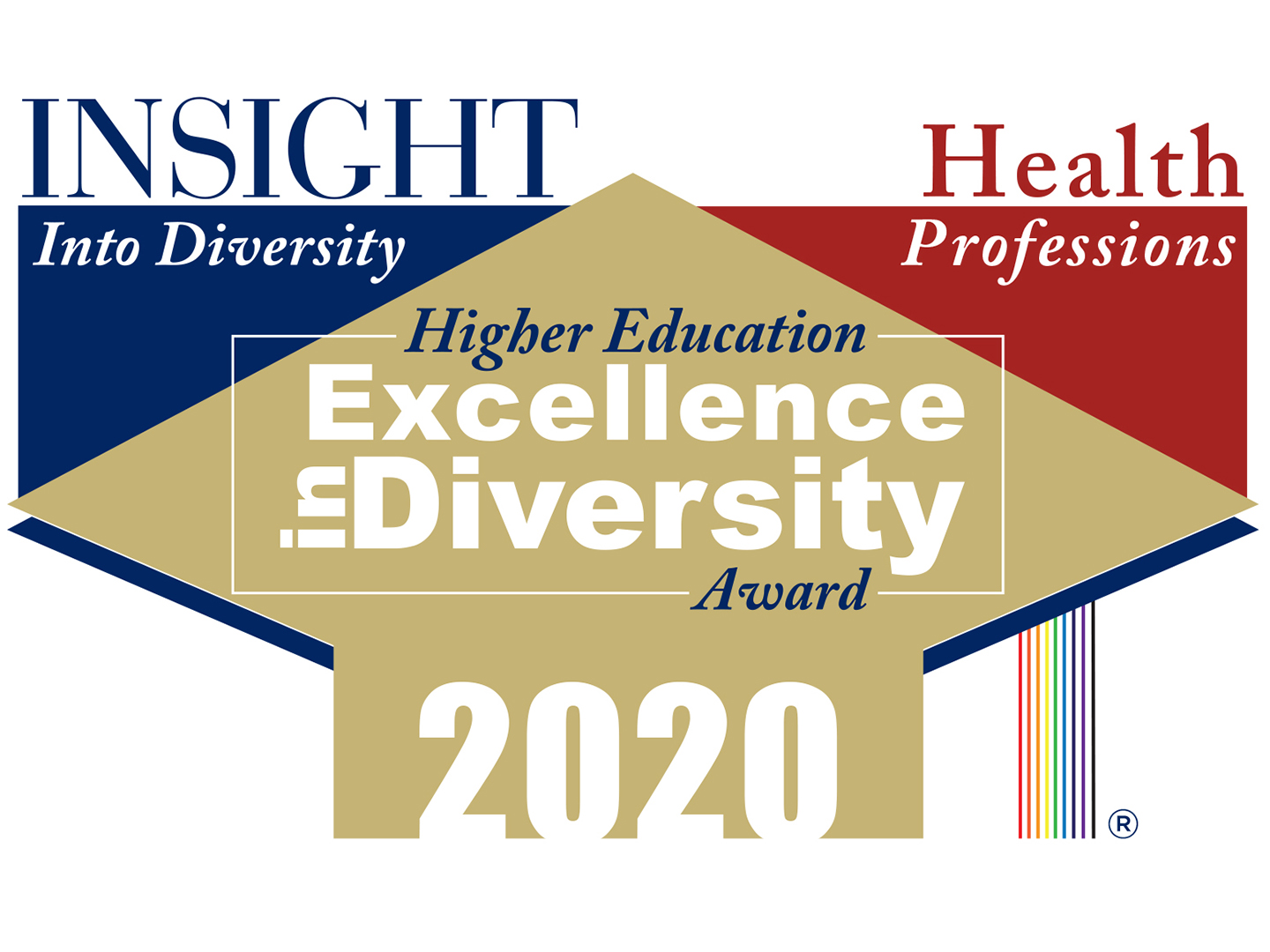 From an integrated and inclusive curriculum to initiatives that make higher education accessible to students at all levels and training opportunities for faculty and staff, the Texas A&M College of Veterinary Medicine & Biomedical Sciences’ (CVMBS) commitment to celebrating diversity and inclusion is multifaceted.
From an integrated and inclusive curriculum to initiatives that make higher education accessible to students at all levels and training opportunities for faculty and staff, the Texas A&M College of Veterinary Medicine & Biomedical Sciences’ (CVMBS) commitment to celebrating diversity and inclusion is multifaceted.